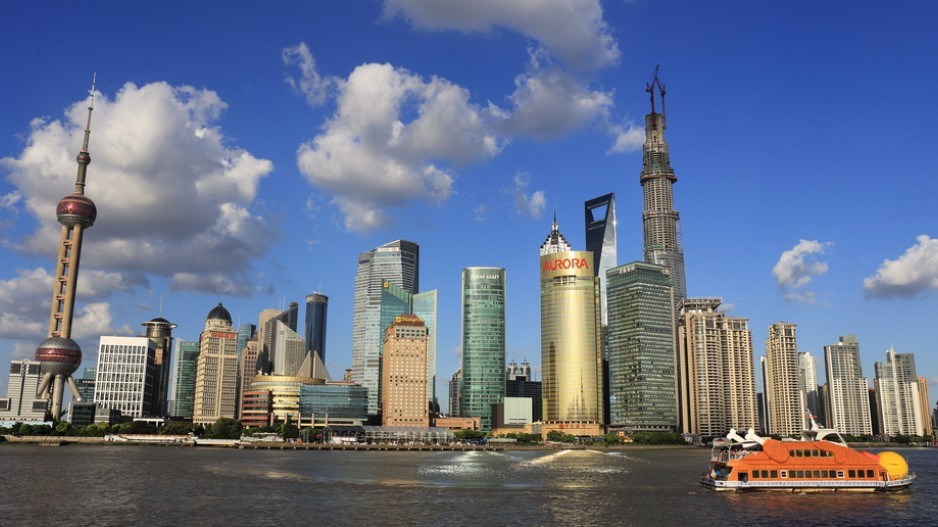To Vancouver-based short-seller Jon Carnes, the recent volatility in the Shanghai Stock Exchange isn’t a negative.
“It’s one of the most volatile markets,” said Carnes, manager of Eos Funds, who takes both long and short positions on Chinese public companies listed on North American exchanges.
“[I] make money by buying and selling volatile securities. … It’s hard to find a market that has so many volatile and liquid stocks.”
Carnes doesn’t trust the financial statements produced by most Chinese companies, so he employs researchers in China to research companies on the ground. It’s expensive, but so far it’s paid off.
“It’s still an incredible opportunity,” he said. “It’s the size of the market, and everything there’s growing so fast.”
The volatility in the Chinese stock market in January’s first two weeks was a repeat of similar convulsions in July and August.
In both cases, the uncertainty spread to global markets, in part because of underlying concerns about the direction of the Chinese economy as it attempts to shift focus from manufacturing and exporting to a more mature consumption and service-based economy.
January’s stock market jitters have been accompanied by a plunge in both the price of oil and the Canadian dollar. The dollar has tracked the drop in oil ever since its price began to fall in November 2014.
For Canada’s resource industries, which make up the bulk of the country’s exports, the story is grim: as China’s economic growth has slowed, so has demand for the raw materials it needs for its manufacturing-based economy: oil, coal, metals and lumber.
But if China’s transition to a mature economy is successful, Canada could benefit by exporting things like professional services, tourism and food, said Hugh Stevens, a fellow at both the University of Calgary’s School of Public Policy and the Asia Pacific Foundation. B.C. especially could benefit, with its close cultural ties to China and diverse economy.
China still has a long way to go on the road to reshaping its economy. Chinese citizens have very high savings rates, in part because, ironically, the Communist country has a relatively scanty social welfare system. People lock away savings to pay for medical expenses, their children’s education and their own old age.
There are also few ways for Chinese savers to grow their money: housing and the stock market are the two avenues of investment open to ordinary people.
Or, for high-net-worth individuals, “you park your money abroad in places like Vancouver and we’re all seeing the results of that,” Stevens said.
He added that much of the stock market volatility has been caused by mom-and-pop investors who don’t really know what they’re doing.
But the Chinese banks aren’t much better.
“They’re heavily regulated by the government. Because of the nature of the corporate state in China, the banks’ risk analysis is not really up to what we would expect in Western banks,” Stevens said.
“So, for example, what’s happened in the stock market is the financial institutions have been leaned on to step in and buy.”
The saving grace in this whole scenario is that the Chinese government is prepared to intervene to prop up the system if necessary. And the country’s most recent five-year plan contains measures to increase China’s social safety net, which Stevens said is necessary if Chinese savers are to be turned into enthusiastic consumers.

Another concern is the speed at which the renminbi could be devalued. While investors like Carnes view the drop in the Chinese currency as positive because it is expected to boost exports, there are concerns about a rapid drop.
However, Stevens believes in the tightly controlling hand of the Chinese government.
“People are questioning whether the government will actually be able to manage the soft landing properly, and there is concern about devaluation of the renminbi and the outflow of capital,” Stevens said.
“If the renminbi drops 20%, I don’t doubt you’ll see a fairly large capital exodus despite the best efforts of the authorities to control it. But I think they’re going to send out soothing signals.”
@jenstden




